Growing a piece of meat in the kitchen for dinner and drinking synthetic milk sounds too bizarre to be true. But the production of synthetic foods is a reality and has the potential to be highly disruptive for farming in the future.
In 2013, Dutch scientists successfully grew synthetic meat in a laboratory at a cost of more than $300,000 but have now got that down to about $12 per kilogram, says Federated Farmers chief executive Graham Smith.
Synthetic milk has also been successfully produced and today’s farmers cannot discount the potential impacts on their businesses of further developments in technology, says Graham.
His warning is echoed by Trudi Ballantye, a Te Puke accountant with Business Results Group, who says synthetic versions of natural products have impacted on farming before.
“Sheep farmers of the past would not have imagined a time when carpets could be made from anything but wool. But the production of synthetic carpets has had a major impact on sheep farming,” says Trudi.
Graham and Trudi were among the speakers at the Bay of Plenty Federated Farmers 70th annual provincial conference and annual general meeting at Edgecumbe in May, where they gave separate addresses on the conference theme ‘Licence to farm’.
Insect fare
Trudi says while pork, poultry, beef, mutton and fish, plus milk from cows, have been the traditional forms of farmed protein for decades, insects, including crickets, are also being farmed for human consumption.
Graham says smart solutions to growing more food in less space includes ‘vertical farming’ in which, under LED lights, vegetables are grown in banks of troughs one above the other. Some greenhouses are able to produce 10,000 lettuces every day in this manner.
How people are buying their food today is changing too, says Trudi, who subscribes to My Food Bag with bags containing everything she needs for a particular meal delivered to her door.
“In Chinese subways, consumers can shop from a virtual supermarket, order what they want via their smartphone, and the food will be delivered to a ‘refrigerated mailbox’ outside their apartment, ready for when they arrive home.”
Commodity prices
These and other innovations, plus more efficient conventional farming, will be needed if the world is to feed an estimated 77 million more people every year.
Trudi says New Zealand currently grows enough food to feed 40 million people “which is about half a per cent of the world’s population” and 95 per cent of what we produce is exported.
Both speakers suggest New Zealand’s focus should be away from commodity markets to producing food for those who can afford to pay for and want high quality products which are safe and produced sustainably.
Graham says competition at the commodity end of the markets will only increase with more food production coming from Asia, South America and Africa.
“We need to tailor our products and free up government research funding. Currently, instead of doing research, scientists are spending up to 40 per cent of their time applying for contestable funding which they may not get.”
Graham says New Zealand needs to have the discussion about the role of genetic technology in farming.
“Agresearch has developed a new genetically modified grass which produces 40 per cent more energy, using less water and nitrogen.” Under current regulations, it can’t be released to farmers in New Zealand – and Graham warns the technology is likely to be picked up by overseas competitors and used to their advantage.
Not all technologies are a threat and many new advances, including autonomous farm vehicles such as tractors, and technologies, which allow the precision spreading of fertiliser or sowing of seeds, can positively benefit farming.
Both speakers say farmers need to innovate, and that many already are.
“We need to recognise that doing the same things, will deliver the same results,” says Trudi.


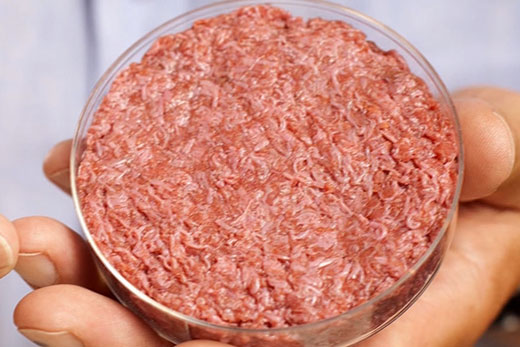
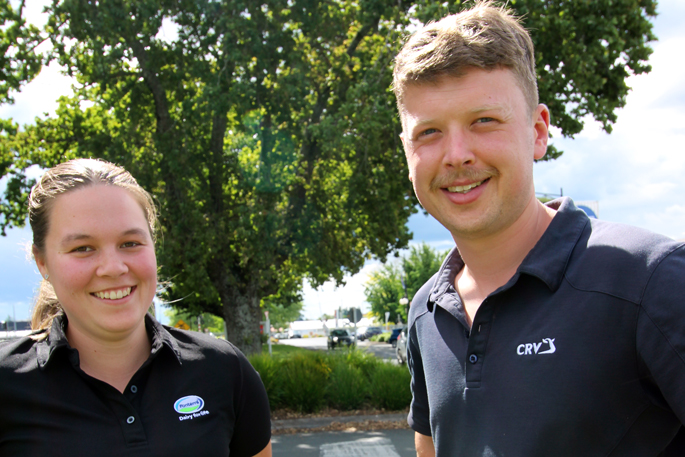
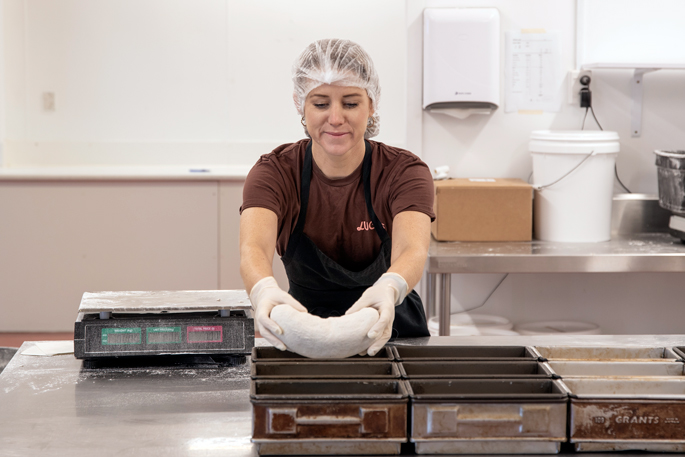
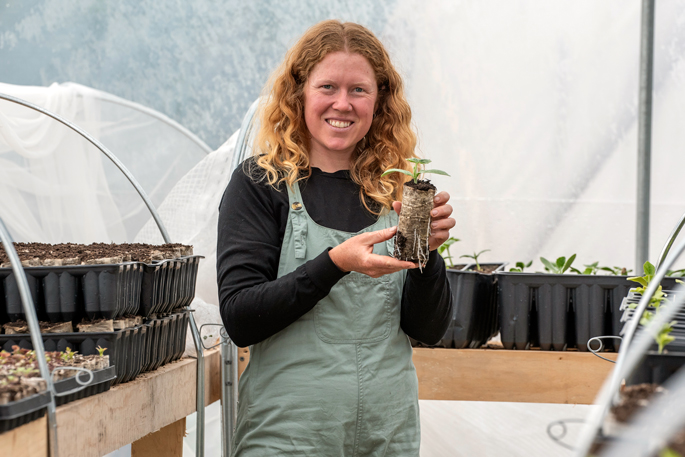
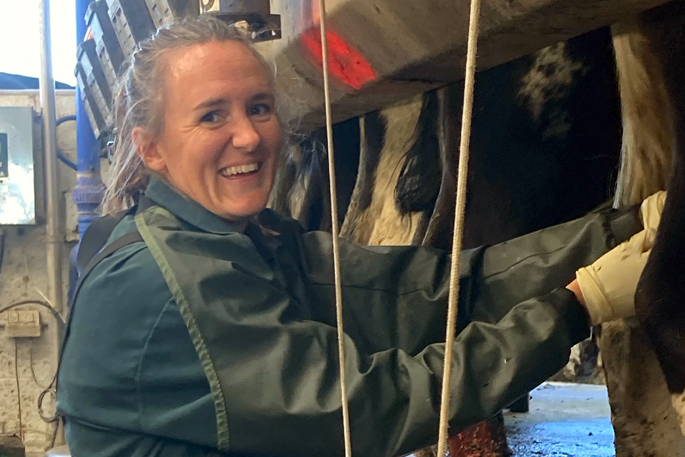
0 Comments
Leave a Comment